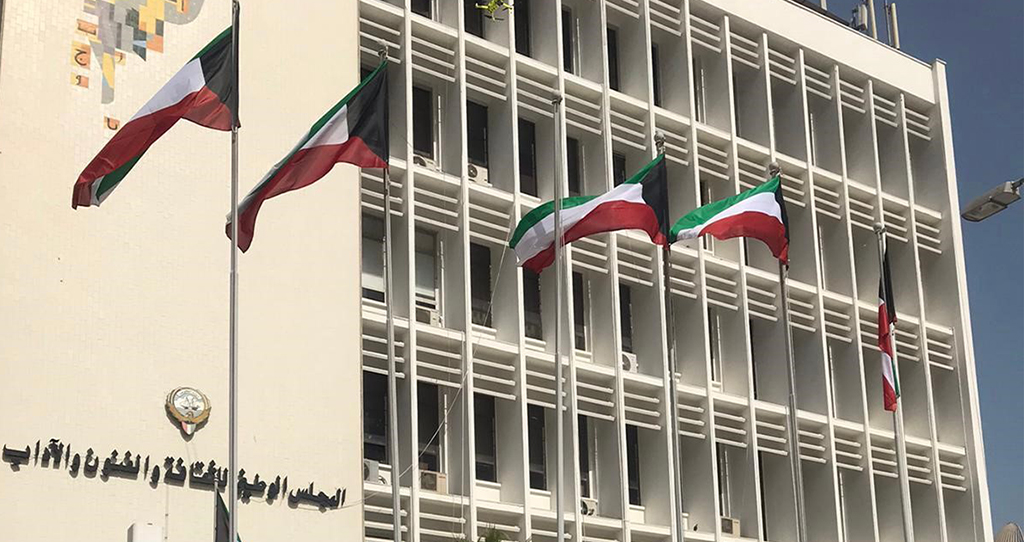Based on a vision for sustainable cultural development and an environment stimulating creativity, the Secretary-General of the National Council for Culture, Arts and Letters, Dr. Issa Al-Ansari, announced the completion of the last phase of the council’s strategy project for the coming years, which is preparing to launch shortly.
Al-Ansari told the local media yesterday that the strategy, which involves the follow-up and support of the Minister of Information and Culture and Minister of State for Youth Affairs, Abdul Rahman Al-Mutairi, aims to consolidate the role of the council as the country’s cultural window to the world, and to be a contributor in leveling up the services and products in the fields of culture, arts, literature and antiquities.
The official added that the strategy is based on seven essential axes that are compatible with the state’s development plan, such as governance, talent investment, creative economy, the supreme national policy for culture and institutional sustainability, as well as addressing cultural positioning on the international map, and most importantly, structural and digital.
He further explained that the strategy seeks to establish six cultural centers in the six governorates, focus on the cultural interests of children and women, create prizes for creators and talents, complete a new list of specialized museums, as well as organize investment and cultural marketing, in addition to other initiatives that will be revealed as they are launched. He stated that the strategy also encourages attracting talent and developing competencies to improve local and international indicators and enhance Kuwait’s position on the cultural map between 2023 and 2028, indicating that this step aims to adopt higher national policies for culture at the level of all sectors, in addition to completing the legislation for the legal system of the National Council for Culture, Arts and Literature.
Al-Ansari also said that the team assigned to develop the strategy and worked for a long time had completed its basic stages after studying more than 55 experiences from 32 countries covering six cultural, artistic and literary fields with a large representation of women and youth. He stressed that this ambitious project requires the cooperation of all the council’s partners from the state, the private sector and civil society, given the role of culture in supporting peace, community development and human coexistence and a soft influence that represents a propeller for community development.
Moreover, he pointed out that culture, literature and art belong to the human heritage and have a relationship with social and economic development, which the strategy is trying to highlight, unleashing the energies and capabilities of working youth and those interested in these fields. It also intends on developing the country’s cultural, literary and artistic movements.

